Five Plants that Benefit from Companion Plants
It’s a simple concept. Grow specific plants in close proximity to certain other plants to repel bugs, attract good pests, suppress weeds, provide shade, improve yields, and generate better soil. Whether you sow seed for a warm- or cool-season crop, consider putting in some companion plants nearby for better overall results.
TOMATOES
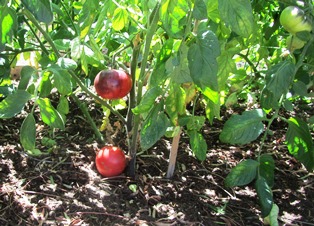
Onion, basil, spinach, parsley, carrot, basil, and celery make great companions for tomatoes. Marigolds deter beetles and corn worms and repel harmful nematodes that can cause nutrient deficiency, stunting, and plant death.
CORN
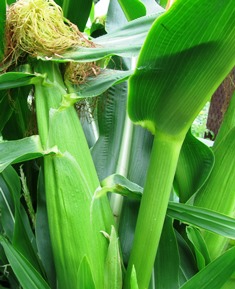
In Native American agriculture, three vegetables–squash, corn, and pole bean–constitute the “three sisters.” These vegetables benefit greatly from being planted together. The corn stalks provide structural support for the beans to climb. Squash leaves grow large, so they keep down weeds, help retain moisture, and provide shade for the small squash that forms off the blossom.
BEETS
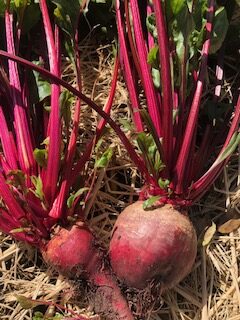
Beets are a superfood–they are low in calories and high in vitamins and minerals. Sow seed for this cool season crop in spring or during late summer for a fall harvest. Onions, garlic, cabbage, shallots, leeks, and lettuce make great companion plants for beets.
PEPPERS
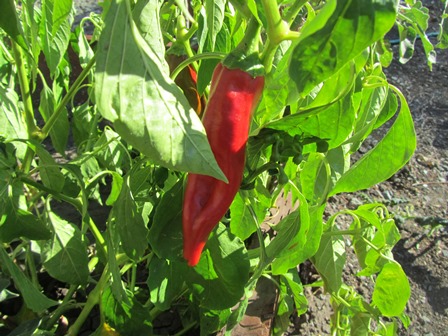
Peppers are in the same plant family as tomatoes and eggplant so avoid planting them anywhere near where you have tucked in tomatoes and eggplant because they will attract the same pests and diseases. Instead, choose herbs such as garlic, dill, parsley, and cilantro; and flowers, including marigolds and nasturtiums, as companion plants. In particular, low-growing cilantro attracts beneficial insects and repels spider mites and aphids while basil repels mosquitoes and thripes.
STRAWBERRIES
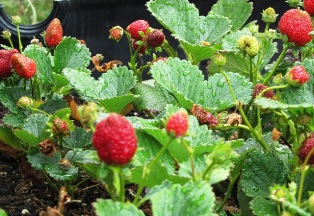
,
Strawberries benefit from companion plants belonging to the Allium family–chives, leeks, onions, scallions, and garlic. These beneficial companion plants are believed to thwart a particular fungus–fusarium wilt–that can infect strawberries. Slugs and snails as well as aphids are repelled by the pungent odor of those specific members of the Allium family.
Love gardening? Check out my cozy mysteries informed by my gardening on the Henny Penny Farmette. I garden with open-pollinated plants and keep an orchard of fruit and citrus trees. You can find A BEELINE TO MURDER, THE MURDER OF A QUEEN BEE, and A HIVE OF HOMICIDES along with more than two dozen nonfiction books that I’ve written online and wherever books are sold.
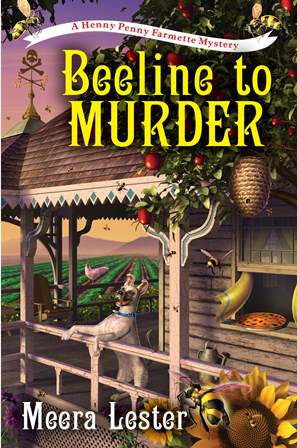
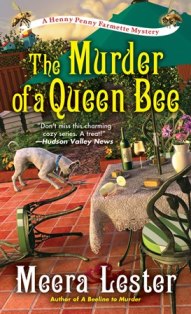
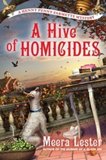
the catalyst for ex-cop-farmer Abigail Mackenzie
Find me on Facebook, LinkedIn, and Instagram and on my publisher’s page at Simon and Schuster.
 Facebook
Facebook Goodreads
Goodreads LinkedIn
LinkedIn Meera Lester
Meera Lester Twitter
Twitter



